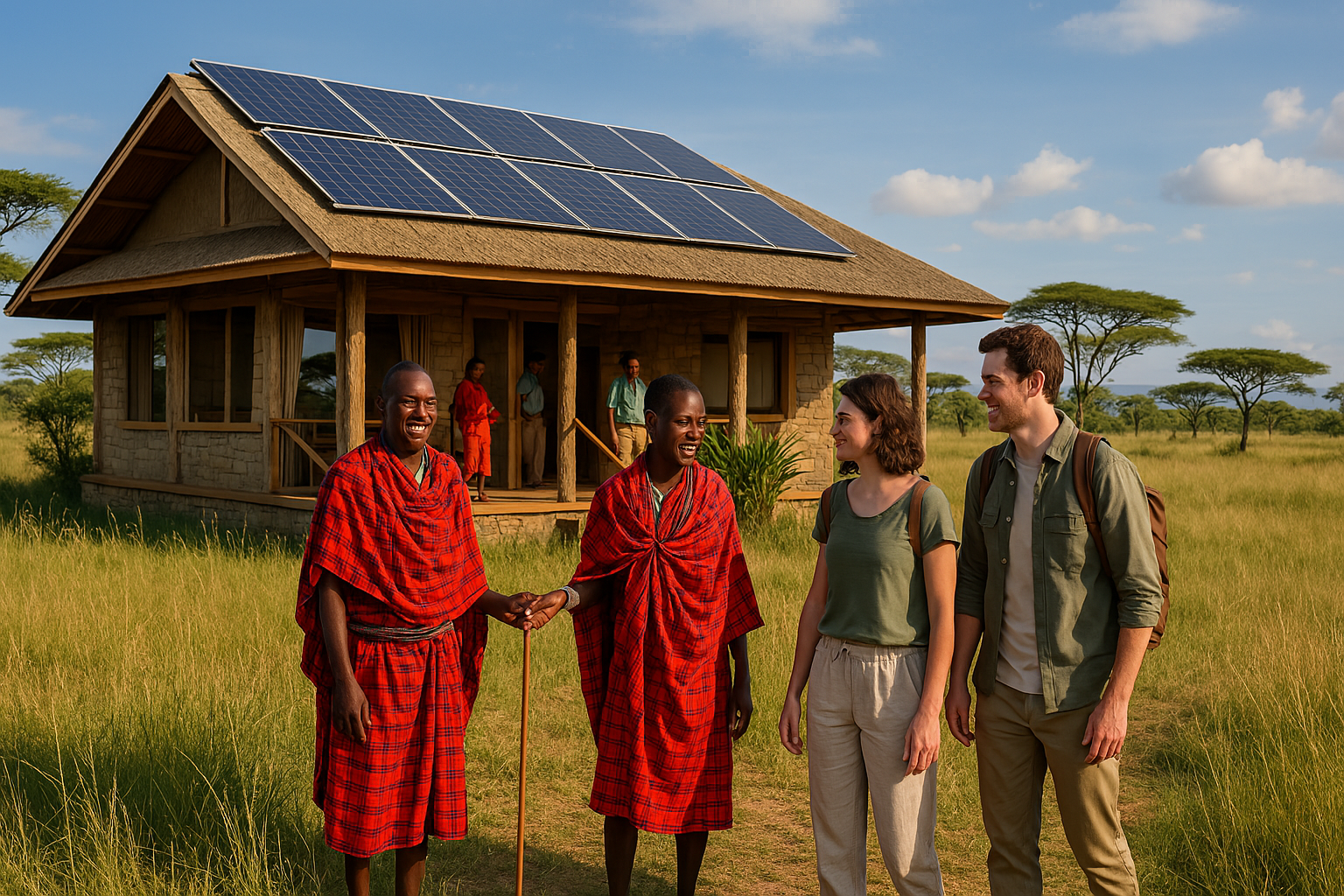Africa’s vast landscapes and extraordinary wildlife have long drawn travelers from around the world. But now, more people ask: can we explore these wonders without harming them? Fortunately, the rise of eco-friendly wildlife travel in Africa is offering a better answer. Today’s safaris focus not just on spotting animals, but on protecting them. They aim to support conservation, help local communities, and leave a minimal footprint on the planet.
A sustainable safari is more than a vacation. It’s an intentional journey that balances adventure with responsibility. Travelers stay at eco-lodges that use renewable energy, join tours led by conservation-trained guides, and follow ethical wildlife practices. As a result, these trips don’t just create memories — they help protect Africa’s wild beauty for future generations.
Where To Go For Sustainable Safari Experiences
Some of Africa’s best-known safari destinations now lead the way in eco-tourism. In Kenya, community-owned conservancies like Naboisho blend wildlife protection with cultural preservation. Namibia has become a global leader in community conservation and offers excellent eco-lodges. Rwanda’s gorilla trekking programs help fund both habitat conservation and local development. In South Africa, private reserves such as Grootbos and Shamwari invest in education and species rehabilitation. Tanzania is also making strides, with projects like the Serengeti Ecosystem Management Plan that balance tourism and preservation.
These destinations offer more than just scenery. They provide travelers with the chance to make a difference — to spend their time and money in places where tourism strengthens local communities and supports critical conservation work.

Choosing Ethical Operators And Eco-Lodges
Picking the right safari operator matters. Look for those certified by Fair Trade Tourism, the Global Sustainable Tourism Council, or similar organizations. Ethical operators reinvest part of their profits into conservation, employ local staff, and adopt eco-friendly practices like solar power or plastic reduction. When it comes to accommodations, eco-lodges set the gold standard. Examples include Campi ya Kanzi in Kenya, run by the Maasai; Wolwedans Dunes Lodge in Namibia, designed to blend into the landscape; and Bisate Lodge in Rwanda, which focuses on reforestation near Volcanoes National Park.
Practical Tips For Travelers
Even small choices can make your safari more sustainable. Pack eco-friendly toiletries, reusable water bottles, and a solar charger. Wear lightweight, neutral-colored clothing that’s comfortable and wildlife-appropriate. Bring binoculars and a journal to enhance your experience without disturbing animals. And always remember: keep your distance, stay quiet, and never feed wildlife. Supporting local communities matters, too. Shop local, eat local, and hire local guides to ensure your visit benefits residents as well as animals.
Finally, offset your carbon footprint. Air travel has a big environmental impact, but you can help balance it by supporting reforestation or clean-energy projects. Some safari operators even include carbon offsets in their packages — be sure to ask when booking.

Eco-friendly wildlife travel in Africa is not just a trend — it’s a way to make every adventure count. You still get the magic of seeing elephants roam or lions hunt, but you also become part of a movement to protect these incredible animals. By choosing ethical operators, staying at eco-lodges, and making smart travel decisions, you help safeguard the future of Africa’s wild spaces. So, as you plan your next safari, remember: the most meaningful journeys are those that give back as much as they take.
Catch up on the top stories and travel deals by subscribing to our newsletter!












Leave a Reply